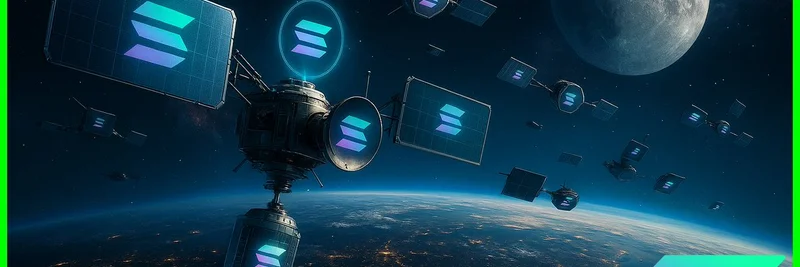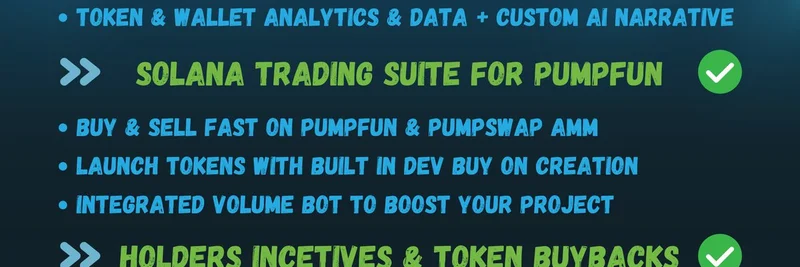Hey there, crypto enthusiasts! If you've been keeping an eye on the blockchain world, you might have heard whispers about Solana pushing boundaries beyond Earth. That's right—Solana is literally heading to space, blending high-speed blockchain tech with interstellar applications. In a recent thread by @marinonchain, we got some mind-blowing insights from the Bits to Bricks podcast featuring @AllPlanets and @amiravalliani from the Solana Foundation. Let's dive into these wild use cases that could change how we think about space and crypto.
Space-On-Chain: The Foundation of Interstellar Blockchain
First off, why space and blockchain? Space is a massive global business where cross-border payments are everyday stuff. Enter stablecoins on Solana—they enable instant, low-fee settlements that traditional systems can't match. Trust is crucial in space; satellite maneuvers and data need tamper-proof records. Blockchain provides that verifiable truth, ensuring everything's on the up-and-up.
Plus, decentralized networks beat out central players. Imagine community-run telescopes and antennas filling coverage gaps worldwide, making space safer for everyone. Solana's speed and efficiency make it perfect for this decentralized physical infrastructure network, or DePIN, where hardware meets blockchain.
SkyMapper: Turn Your Backyard into a Space Observatory
One standout project is SkyMapper (@Skymapperspace). Here's how it works: Buy or connect a smart telescope, plug it into their network, and boom—your setup monitors satellites, space events, and the night sky around the clock. Satellite makers and universities pay for this data, and you earn on-chain rewards whenever your observations get used.
It's like mining crypto, but instead of GPUs, you're using telescopes to contribute to space safety. This democratizes access to space data, letting everyday folks participate in a billion-dollar industry.
Decen Space: Antenna Networks for Constant Connectivity
Then there's Decen Space (@decenspace), focusing on ground antennas. For about $600, you can set up a small antenna to capture satellite signals. Satellites usually only connect for a few minutes per orbit, but Decen Space's network fills those gaps. The more data your antenna downlinks, the more rewards you rake in.
This setup ensures satellites can always "phone home," speeding up disaster responses and everyday communications. It's another prime example of DePIN in action, turning idle hardware into revenue-generating assets.
The Real Value: Safety, Accessibility, and Growth
These projects aren't just cool—they create tangible value. SkyMapper spots satellite issues and potential collisions in real time, keeping orbits safe. Decen Space maintains constant connectivity, crucial for everything from weather monitoring to global internet.
Together, they're opening space access to schools and countries that lacked the tools before. With the space industry at $500 billion today and projected to hit $1 trillion by 2030, satellite comms alone are set to double in the next five years. Solana stands to benefit big time through usage-based stablecoin payments, truth markets for data verification, and DePIN incentives like staking and marketplaces.
Why This Matters for Solana and You
The shift from a few giant satellites to tens of thousands of small ones means nonstop demand for payments, trust, and coordination—Solana's sweet spot. We're talking real revenue from real payers with actual deliverables.
And the best part? You can jump in by running a telescope or antenna, plugging into the network, and earning rewards. It's an accessible way to get involved in the space economy without needing a rocket scientist degree.
As the thread wraps up, space is evolving rapidly, and Solana is building the rails for it. Whether you're a DeFi project builder, BTC hodler, or just curious about memes and tokens, this intersection of blockchain and space could be the next big frontier. Keep an eye on these developments—they might just launch your portfolio to the moon!




